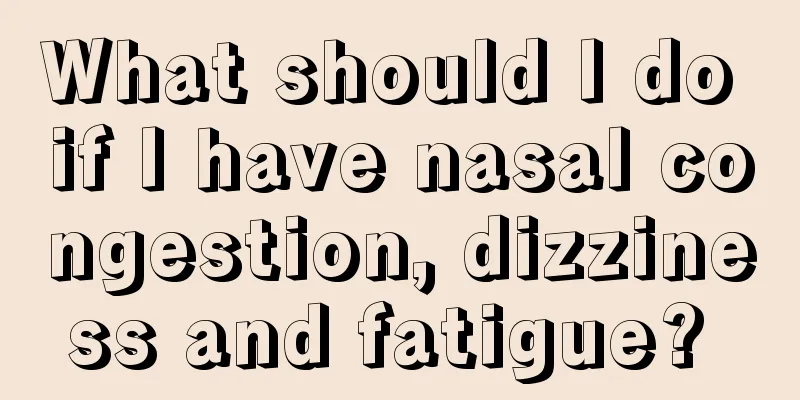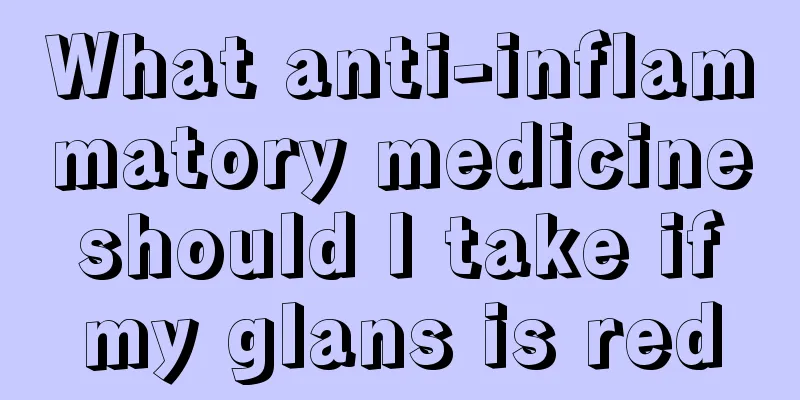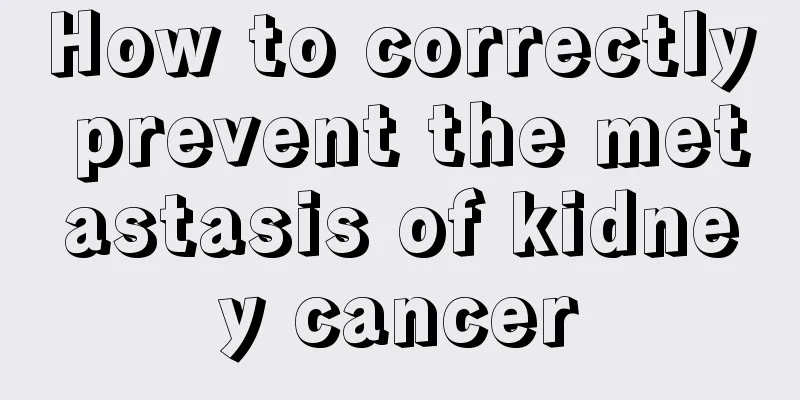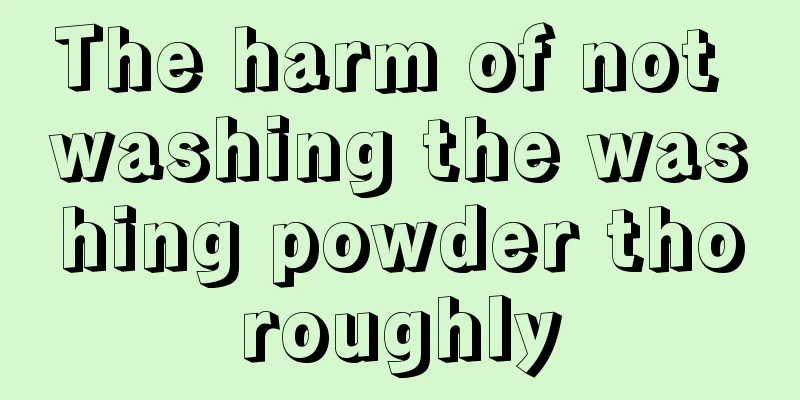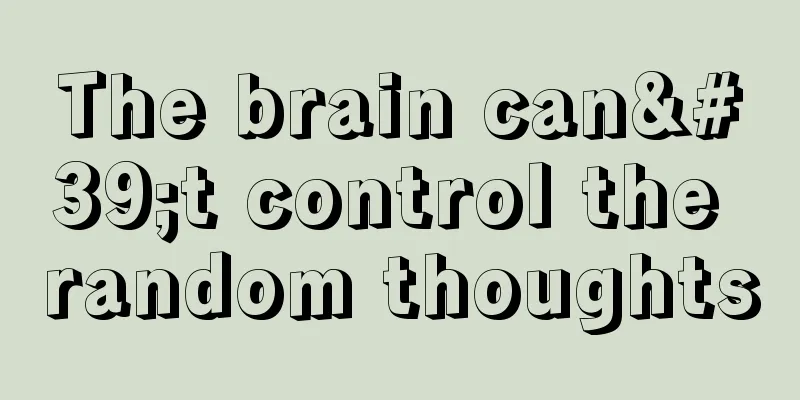What's wrong with low heart rate
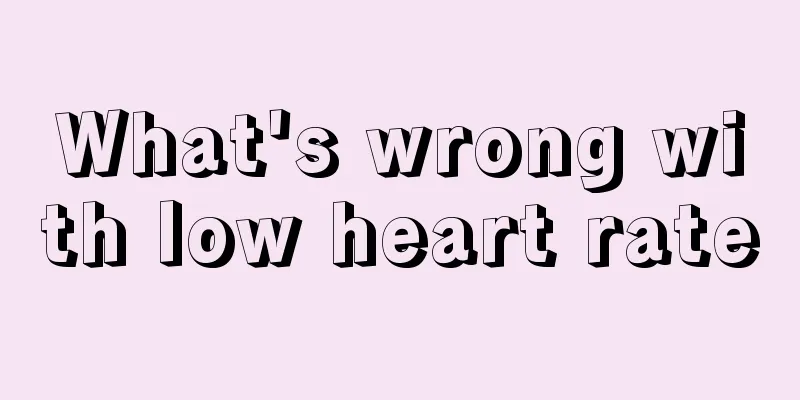
|
In life, many people have a low heart rate. There are many reasons for a low heart rate. If it is a physiological low heart rate, it generally does not have much impact on physical health. It is often a normal phenomenon and does not require treatment. However, you should pay attention to changes in your heart rate. If you experience heart discomfort in your life, you should go to the hospital for examination. 1. Conduction block causes low heart rate The beating of the human heart is directed by the sinoatrial node. Conduction block occurs when the sinoatrial node or myocardial disease causes the inability to transmit the command issued by the sinoatrial node. Conduction block is divided into three degrees. The first degree is milder and may be asymptomatic. It can only be detected during an electrocardiogram examination. The second degree is that a few commands cannot be transmitted and the patient often has a sense of cardiac arrest. The third degree is the most serious. All commands cannot be transmitted, the heartbeat is 20-30 beats per minute, which is very irregular. The patient's subjective symptoms are also very serious and cardiac arrest is possible at any time. Emergency treatment should be carried out in time. 2. Changes in vagal tone lead to a low heart rate Bradycardia caused by increased vagus nerve tension is common in normal people. When the vagus nerve is excited, its endings can release a substance called "acetylcholine", which has an inhibitory effect on the heart and can slow down the heartbeat. Although the heartbeat is slow, it is strong and regular, and not less than 50 beats per minute. The cardiac output does not decrease, and normal physiological functions can be maintained. 3. Changes in sinus node function lead to low heart rate The bradycardia caused by lesions in the sinoatrial node itself is clinically called sick sinus syndrome. The heart rate is about 40 beats per minute, and the cardiac output is significantly reduced. The patient will experience a series of symptoms such as dizziness, headache, tinnitus, etc. In severe cases, coma and convulsions may occur. 4. Reflex vagus nerve excitement leads to low heart rate Such as compression of the eyeball, pressing of the carotid sinus, stimulation of the pharynx, nausea and vomiting, breath holding, swallowing, severe coughing, anxiety, and forceful exhalation. It can also be seen in diseases such as gastric dilatation, intestinal obstruction, urinary stones, and gallstones, which can cause reflex vagus nerve excitement and induce sinus bradycardia. 5. Medication causes low heart rate Certain drugs can increase the excitability of the vagus nerve or directly inhibit the function of the sinus node and cause sinus bradycardia, such as antihypertensive drugs such as reserpine, guanethidine, beta-blockers, digitalis, quinidine, procainamide, phenytoin sodium, sedatives, neostigmine and anesthetics. 6. Peptic ulcer combined with sinus bradycardia leads to low heart rate In the pathogenesis of peptic ulcer, the secretion of gastric acid is mainly controlled by the vagus nerve tension, and when its excitability increases, it can cause sinus bradycardia. |
<<: What can be checked by cardiac ultrasound
>>: What is the fastest and most effective way to deal with dizziness
Recommend
What tests are needed to diagnose lung cancer? Three tests are necessary to diagnose lung cancer
Lung cancer is a malignant lung tumor that can ca...
Things to note when lung cancer patients undergo CT examination
Lung cancer patients can undergo CT examinations ...
What should I do if my weight increases instead of decreasing during exercise
During holidays, we often cannot control our diet...
Imaging manifestations of central lung cancer
Central lung cancer refers to lung cancer that or...
Patients need to have a certain understanding of the symptoms of mid-to-late stage laryngeal cancer
In today's society, the incidence of laryngea...
The role of yeast extract
Yeast is a common food. Substances are extracted ...
How to use electric mosquito coils safely
Electric mosquito coils are a product without any...
The probability of inheriting nasopharyngeal carcinoma
Is nasopharyngeal carcinoma hereditary? This is w...
Lauromacrogol for the treatment of varicose veins
Varicose veins are a very common disease in daily...
The reason for bitter taste in the mouth and dull pain in the liver area
The feeling of bitter taste in the mouth is very ...
Is endometrial cancer contagious?
There are many friends around us who suffer from ...
What are the causes of Parkinson's disease?
I believe that most men have heard of a very stra...
Which is better for calcium supplementation, cow's milk or goat's milk? Which one contains more calcium, goat's milk or cow's milk?
Calcium is an essential nutrient for our body. If...
Why do my breasts feel hot after my boyfriend touched them?
During sexual intercourse, couples or lovers will...
What should be paid attention to in postoperative care of patients with cholangiocarcinoma
What should be paid attention to in the postopera...

